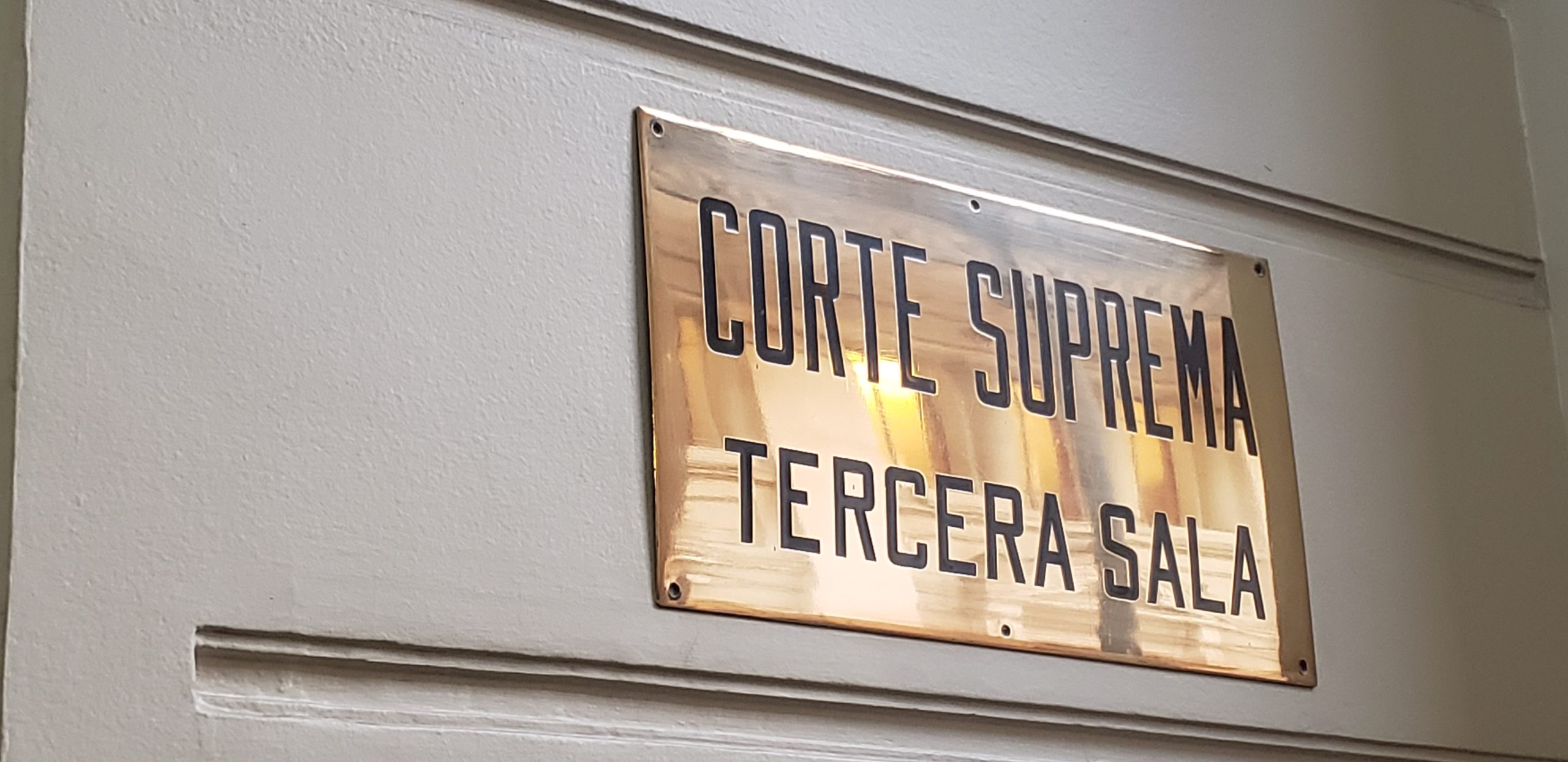¿qué estás buscando?

The Supreme Court Upholds Conviction of Helicopter Companies and Executives for Collusion in Forest Firefighting Services, Adds New Sanction for Manipulating Conaf’s 2014 Tender

The Supreme Court has upheld the ruling issued by the Antitrust Court (TDLC) against Inaer Helicopter S.A. (Inaer) and Pegasus South América Servicios Integrales de Aviación SpA (Faasa), along with their executives Ricardo Pacheco and Rodrigo Lizasoaín, for colluding between 2006 and 2013 to rig bids in public and private tenders in the Chilean helicopter market for forest fire prevention and extinguishing.
The Third Chamber of the Court affirmed the TDLC’s findings, which established that a single anticompetitive agreement influenced five procurement processes: three initiated by the National Forestry Corporation (Conaf) between 2006 and 2011, where the companies agreed on the geographical distribution of operations, and two service contracts with forestry companies Mininco S.A. and Masisa S.A. in 2012 and 2013, respectively.
As a result, Faasa and Inaer were ordered to pay fines totaling approximately USD 5.9 million—USD 3.7 million for Faasa and USD 2.2 million for Inaer. In addition, both executives were fined just over USD 5,000 each for their roles in the collusion.
Faasa is a subsidiary of the Spanish company Fumigación Aérea Andaluza S.A., now Pegasus Aviación S.A., a leading multinational firm specializing in wildfire suppression and aerial firefighting services using airplanes and helicopters. The company operates in Spain, Italy, Uruguay, and Chile. Inaer, meanwhile, was part of the Inaer Group, itself a subsidiary of the Avincis Group. At the time of the events covered by the Supreme Court’s ruling, Inaer’s operations were concentrated in Spain, Italy, Portugal, and Chile.
The Supreme Court emphasized: “These actions had a significant impact on a market as critical to the country as forest fire extinguishing, due to the potential risks to people’s lives and property. They represent the most serious violation of competition law principles, especially considering that these were the entities with the largest market share.”
In a separate ruling issued the same day, the Court upheld an appeal filed by the National Economic Prosecutor’s Office (FNE) against TDLC Decision No. 187/23, overturning the decision not to sanction helicopter companies Calquín Helicopters SpA (Calquín), Faasa, and their executives, Ricardo Pacheco and Rodrigo Lizasoaín, for colluding in Conaf’s 2014 tender.
The Court accepted the FNE’s argument that the companies and their executives had reached an anticompetitive agreement to manipulate the bidding process.
In its decision, the Supreme Court found that the sanctions imposed on Faasa and its executives in the earlier ruling were sufficient, given the temporal and factual continuity of their conduct. However, for Calquín—which was not active in the market during the events covered by the first ruling—the Court imposed a fine of USD 840,000 for its role in the 2014 collusion.
In both rulings, the Supreme Court granted the FNE’s request to enforce the payment of fines through the joint liability of the executives involved. This provision was applied to Inaer’s executive Rodrigo Lizasoaín, and, in the second case, to Faasa’s executive Ricardo Pacheco.
With fines totaling approximately USD 7 million, these rulings conclude the cases of collusion in Chile’s forest firefighting market. The investigation began in 2018, when the FNE accused Faasa and Martínez Ridao of entering into and executing an agreement that distorted competition in the aerial firefighting market between 2009 and 2015 — initially involving water tanker planes and later extending to helicopters. Both cases have now been resolved by the Supreme Court.
Acting National Economic Prosecutor Felipe Cerda Becker welcomed the decisions, stating: “We have secured convictions across all areas we investigated within the forest firefighting market, covering agreements that affected both private companies and public funds through Conaf. This Supreme Court decision reaffirms that we are on the right track and strengthens our resolve to prosecute cartels. It also sends an unequivocal message: not only companies, but also their executives, will be held accountable for these illegal activities











